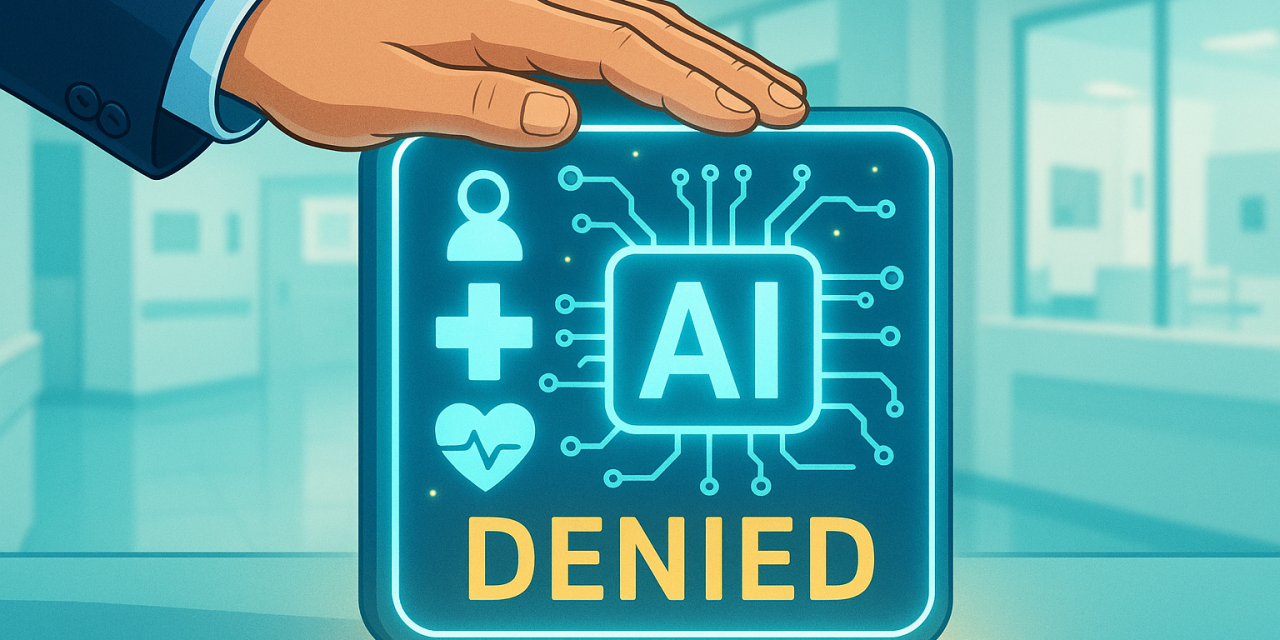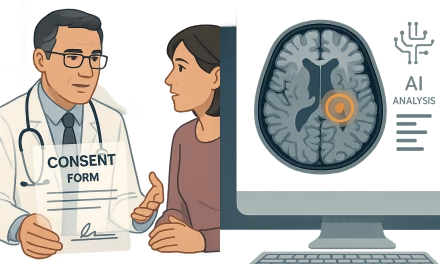The rapid integration of artificial intelligence into healthcare promises unprecedented efficiencies and advancements, from diagnostics to personalized treatment plans. However, as AI’s role expands, so do concerns about algorithmic bias, transparency, and the ultimate impact on patient autonomy. In a significant move that addresses these ethical considerations head-on, Arizona has enacted HB2175, a landmark law that prohibits insurance companies from using AI as the sole or final decision-maker in medical claim denials.
\n\n
This legislation is a direct response to growing anxieties among physicians and patient advocates who have warned about the potential for AI-driven systems to unfairly deny claims, often without clear explanations or human recourse. While AI can process vast amounts of data and identify patterns that might escape human analysis, its decisions can sometimes lack the nuance and contextual understanding required in complex medical cases. Furthermore, the ‘black box’ nature of some AI algorithms makes it difficult to ascertain the reasoning behind a denial, leaving patients and providers in the dark.
\n\n
HB2175 underscores a critical principle: that human oversight must remain paramount in healthcare decisions, especially those with significant consequences for patients’ well-being. The law does not prohibit the use of AI in the claims process altogether; rather, it mandates that a qualified human professional must review and ultimately approve any denial that is initially generated or influenced by an AI system. This ensures a layer of human accountability and empathy, safeguarding against potential algorithmic errors or biases.
\n\n
Arizona’s pioneering legislation sets an important precedent for other states and countries grappling with similar issues. As AI continues to permeate sensitive sectors like healthcare, the need for robust regulatory frameworks that balance innovation with patient protection becomes increasingly urgent. The law reflects a growing consensus that while AI can be a powerful tool to assist human decision-makers, it should not replace the ethical judgment and compassionate care that are fundamental to medicine.
\n\n
The passage of HB2175 is a victory for patient autonomy and a clear signal to the healthcare industry: AI must serve humanity, not the other way around. It encourages the responsible development and deployment of AI, pushing for systems that are transparent, auditable, and ultimately, accountable to human values. As AI continues to reshape healthcare, the Arizona law serves as a vital reminder that technology should always be a means to enhance human well-being, not to diminish it.







